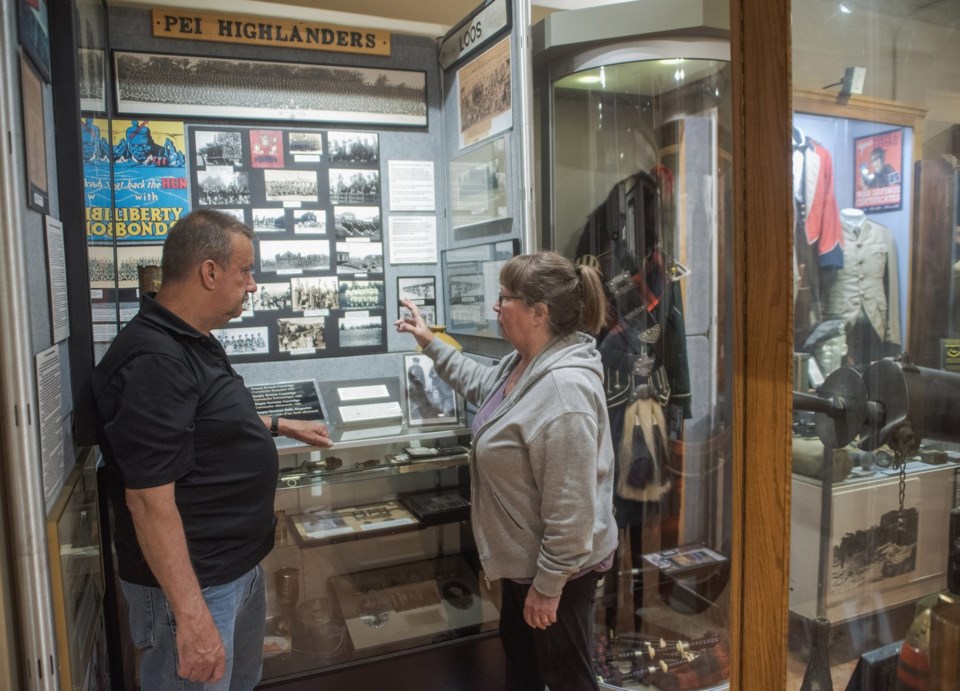CHARLOTTETOWN — A Prince Edward Island man is in France this week to trace the steps of a company of Island soldiers who took part in the D-Day invasion 80 years ago.
Greg Gallant, curator of the P.E.I. Regiment Museum in Charlottetown, said it’s little known that about 250 Islanders served in a company of the North Nova Scotia Highlanders. The regiment, known as the North Novies, was at the head of the Canadian advance from Juno Beach on the first day of the Allied invasion of Normandy.
“The North Novies with other elements of the 3rd Canadian Division pushed the furthest inland,” said Gallant in an interview before his departure. “They got so far that they had to stop for fear of being cut off from the other troops.”
The regiment was part of the 9th Infantry Brigade, which was tasked with taking the airfield at Carpiquet, about 18 kilometres from the Canadian beachhead.
However, the advance units were told to stop and were then drawn back in order to dig in against an expected counterattack from the Germans. It would take over a month before Carpiquet would be taken following intense and often vicious fighting that would test the mettle of Canadian troops.
The Normandy battles during the summer of 1944 claimed 5,000 Canadian lives while another 13,000 were wounded.
Gallant, who is part of a small group from the Island visiting France this week, is taking his first trip to the area where his late uncle, Allan Doucette, fought and was wounded.
“We’re going to go in as far as the (North Novies) did and cover some of the territory that they covered and try to get some pictures of some of the graves of the guys from P.E.I.,” Gallant said.
He noted that five Island soldiers were among several Canadians who were executed following their capture by the infamous 12th SS Panzer Division.
“The guys from P.E.I. were killed in different locations, one at Authie and a couple down the road, so there were a couple of different scenes that soldiers came across,” said Gallant. “My uncle took a piece of shrapnel in his neck when an 88 mm shell blew up close to where they were burying the dead that they had found.”
Gallant said that many Islanders are unaware of the role played by Canada’s smallest province during the Second World War, and he believes it’s important to highlight the contributions of the men and women who served.
That’s why he worked to create a series of posters to commemorate the Island’s contribution to D-Day that currently adorn four bus shelters in downtown Charlottetown. The panels pay tribute to the Army, Navy and Air Force, as well as three P.E.I. soldiers who died on June 6, 1944.
Although he has a limited budget, Gallant said the plan is to move the posters to a couple of other bus shelters in the city later this month, and he also hopes to give some copies to local legions and to schools.
“It’s to create awareness,” he said. “There are still a few veterans here in P.E.I., but their numbers are pretty thin.”
This report by The Canadian Press was first published June 5, 2024.
- By Keith Doucette in Halifax
The Canadian Press

